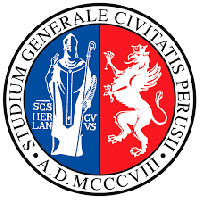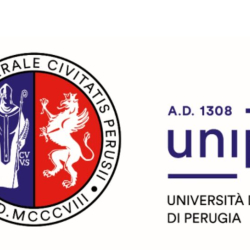The project, through the valorisation and innovative use of by-products of the olive oil chain, aims to promote the eco-sustainable transition of the current management of agricultural systems, to reduce the dependence on non-renewable resources by moving from a linear to a circular approach, to minimise the risk of failure associated with yield losses due to inappropriate farming systems, environmental stresses, by improving: This approach will have positive effects on the resilience, stability and robustness of agro-ecosystems. The biostimulants and biofertilizers developed in 4BIOLIVE, and enhanced by the use of lignin nanoparticles and biopolymers, will be able to improve soil fertility, in terms of organic matter and nutrients, through a more effective release of beneficial substances into the soil, The use of innovative biostimulation and biofertilisation materials in 4BIOLIVE, enhanced by lignin nanoparticles and biopolymers, will increase the nutritional value of crops, avoiding the negative impact of environmental stresses on their content. Water management will benefit from the ability of innovative bioproducts to stimulate beneficial physiological responses in plants, improving their water use efficiency. These beneficial effects will increase the adaptive capacity and resilience of agricultural systems, thus reducing their vulnerability.


















